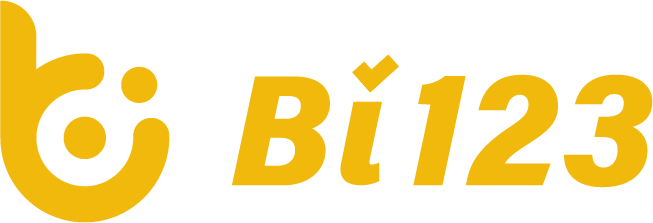
Numeraire
- #Artificial Intelligence
- #Decentralized Finance (DeFi)
- #Business Services
- #Binance BUSD
- 16.648
- $12.59M
- $122.35MRank #346
- 7.35M
- Spot Markets
- Overview
- Market Data
Similar News
More Info- 06-04 10:00
The Binance World Championship Special: Trade $100 Each on Convert, Spot & Futures To Win...
- 06-03 22:00
MiCA Stablecoin Rules Implementation Announcement
- 06-03 10:15
Word of the Day: Test Your Knowledge on Life in Binance to Earn Binance Points...
- 05-31 15:00
Updates on Minimum Order Size for Spot and Margin Trading Pairs (2024-06-07)
- 05-30 21:28
Binance Futures Will Launch USDT-Margined TURBO Perpetual Contract With Up to 50x Leverage
Market Signal
More InfoCryptocurrency Calendar

NO DATA
What Is Numeraire (NMR)?
Numerai is an [Ethereum]-based platform allowing developers and data scientists to experiment and create machine learning models with improved reliability. The platform’s main goal is to bring decentralization to the data science field and allow developers to compete in creating effective machine learning prediction models.
Founded in late 2015 in San Francisco, Numerai claims to be the first hedge fund to launch a cryptocurrency on the market. Unlike traditional hedge funds, however, Numerai relies on the data and predictions produced by tournament participants to participate in the stock market. They claim to be the first hedge fund to use machine learning so heavily in its investment strategy.
Who Are the Founders of Numeraire?
Richard Craib is the founder and CEO of Numerai. He graduated from the University of Cape Town in 2008 and later acquired one more bachelor’s degree from Cornell University, and spent a year in UC Berkeley. His professional career started with founding Numerai and has taken him to a Forbes 30 under 30 designee position.
Richard Craib is often cited for his innovative approach to hedge fund management and the revolutionary idea to rely so heavily on artificial intelligence for stock price prediction. Not only that, Numerai has created one of the largest global data science tournaments.
What Makes Numeraire Unique?
Numerai and the Numeraire token are unique in terms of the idea behind their creation. This is reportedly the first cryptocurrency to be created and released by a hedge fund. One of the main benefits of the NMR token is that it is awarded to data scientists whose models perform well in the Numerai tournament. This means that the token becomes more valuable as more people enter the tournament and start competing.
Not only that, but the models ventured for the tournament allow Numerai to actively participate in stock market trading based on the results revealed by participating projects. This innovative approach to stock trading makes Numerai one of the few hedge funds to rely significantly on AI-generated data predictions.
Related Pages:
Read more about [Uniswap].
Find out more about [Tellor].
Learn more about [networks].
Have a look at the [CoinMarketCap blog].
How Many Numeraire (NMR) Coins Are There in Circulation?
The maximum supply of NMR is 11,000,000 tokens. The supply cap for Numeraire was initially 21 million tokens; however, the platform announced that it is going to cut this maximum by more than half in 2019.
In a 2018 press release, Numerai announced that three million NMR tokens will remain locked until 2028, and will be released as a reward incentive for tournament participants. The Numeraire token did not undergo an initial coin offering ([ICO]). Instead, Numerai decided to distribute 1 million NMR tokens among 12,000 platform users with the highest activity statistics.
NMR tokens are burned on a weekly basis, as tournament participants who venture losing models and predictions lose their stake in the competition.
How Is the Numeraire Network Secured?
As an [ERC-20] token, NMR is secured by the Ethereum proof-of-stake ([PoS]) consensus mechanism. This means that validators and block creators are selected based on the amount of NMR tokens they are currently staking. ERC-20 tokens are becoming increasingly popular as they offer higher versatility in terms of use. However, the Ethereum blockchain still provides the same level of protection as blockchains operating with other security protocols.
Unlike other popular consensus mechanisms like proof-of-work ([PoW]), PoS does not rely on high consumption of electrical or computing power to create new tokens. This makes the consensus much more scalable and easily incorporated in different use cases.






